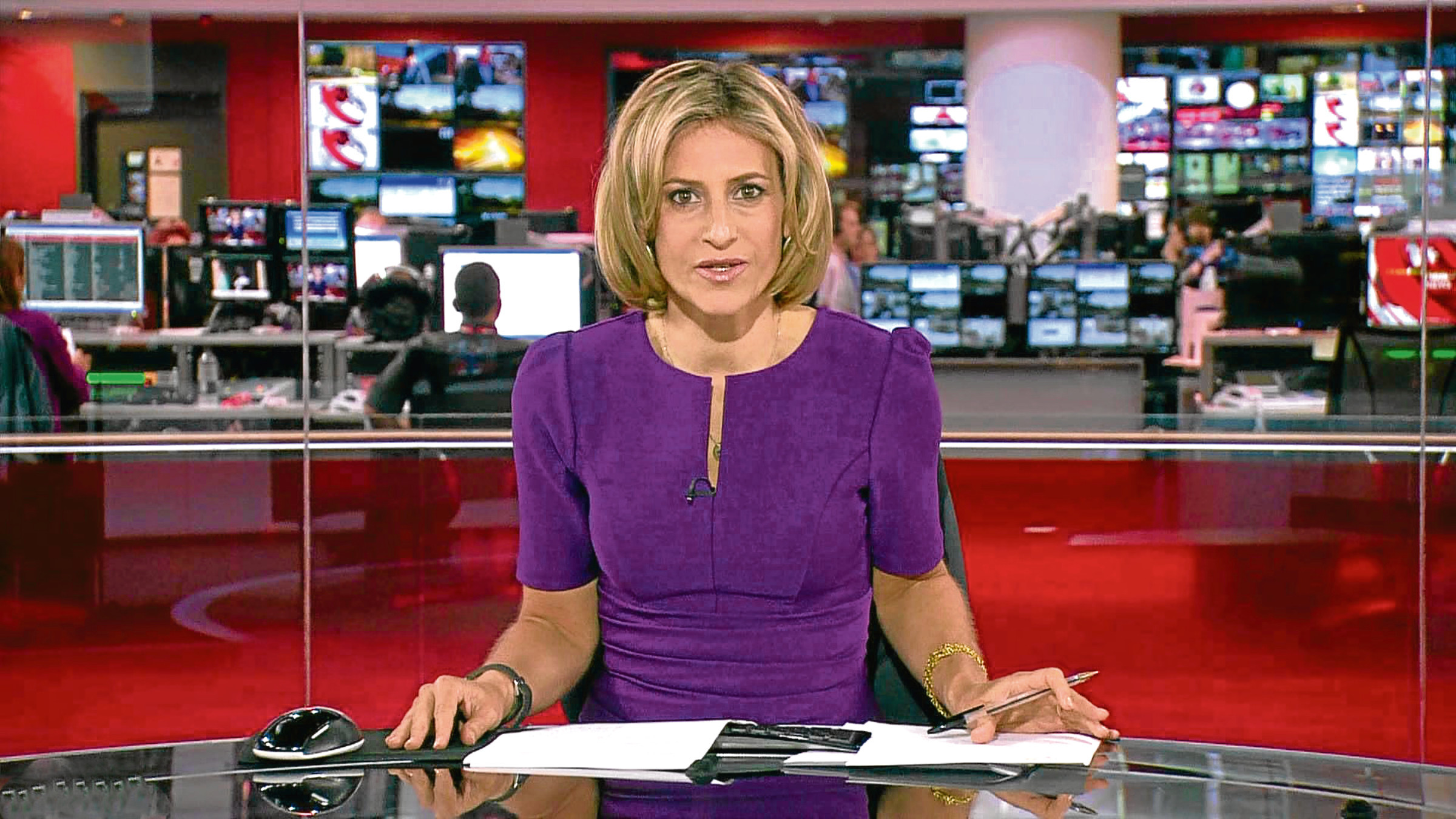
THE BBC came in for a lot of flak this week when the huge pay gulf between its presenters was revealed.
Female staff were shocked to realise the disparities between their salaries and those of their male counterparts.
So does equality in the workplace count for nothing? At the Beeb that would certainly seem to be the case.
Gary Lineker pockets a cool £1.8m a year. News reader Huw Edwards collects a salary of £550,000 while Sophie Raworth is among the lowest-paid news presenters on £150,000. Newsnight host Emily Maitlis wasn’t even on the list because she earned less than this.
Whichever way you look at it, it’s desperately unfair.
Yes, employers like to reward excellence and hold on to talented people – and the BBC are no different. They clearly feel if they didn’t reward the likes of Graham Norton and Chris Evans with big fat pay cheques they could leave for another channel.
But surely the discrepancies in what they are paying other staff for working hard need to be ironed out?
Sadly, inequality in the workplace isn’t only found at the BBC.
I can understand an employer’s right to offer more to someone who consistently works hard, has bright ideas, is punctual, reliable and brings that extra “something” to the job. Star quality needs to be recognised and encouraged but the vast differences in salary at the BBC are outrageous.
Whether they work in a hospital, a school, an office or a shop, every employee wants to feel that if they do a good job they will be paid the right rate for the position. And, if they excel, they hope their performance will be reflected in their salary, an annual bonus or a promotion.
There’s nothing so stultifying as someone getting a move up the career ladder just because they’ve been around for years while someone who has fresh ideas and a good work ethic is overlooked. Sadly in the public sector this happens too often and it’s very demoralising for the workforce.
In Britain we’ve come a long way in bringing fairness and equality into the world of work. But there’s still a lot to be done.
Women in many jobs are often treated like second-class citizens. Their ideas are ignored. Their contribution isn’t valued. Their voice isn’t heard. And their salaries reflect this.
I feel lucky to have had a career I love and opportunities my mother never had.
But despite two female Prime Ministers, and a Queen who has ruled effectively for more than six decades – there still is a long way to go to achieve equality for thousands of women in the workplace.
Will it be easier for my daughter and granddaughters? I hope so. But clearly not if they want to work at the Beeb.

Enjoy the convenience of having The Sunday Post delivered as a digital ePaper straight to your smartphone, tablet or computer.
Subscribe for only £5.49 a month and enjoy all the benefits of the printed paper as a digital replica.
Subscribe